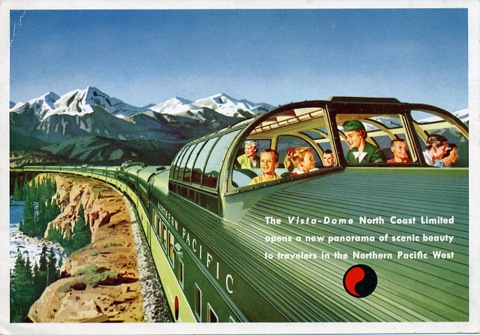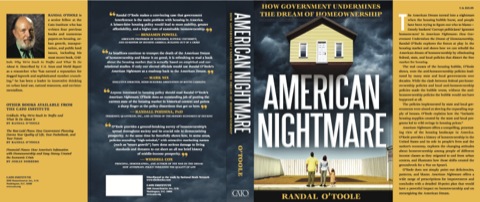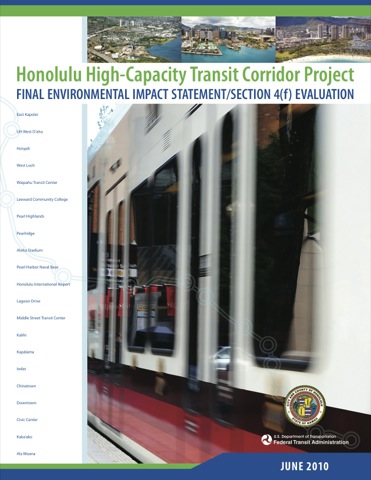The Senate reluctantly agreed to a 90-day extension of the 2005 transportation bill. This means the federal government will continue to spend more money on transit and highways than it collects in gas taxes and other highway fees.
Senate Democrats rancorously blamed the 90-day extension, as opposed to the two-year extension passed by the Senate, on laziness. “They run off on their vacation and leave the people twisting in the wind,” said Barbara Boxer (D-CA). “They sent out a signal that America should be ready for hardship,” she continued.
But, as noted here before, it is less laziness than it is a fundamental difference in views. For the past several years under the 2005 bill, Congress has been spending more than it takes in. This means it has three choices: raise taxes, cut spending, or continue to deficit spend. No one is talking about raising taxes, at least not while the economy is still recovering.










